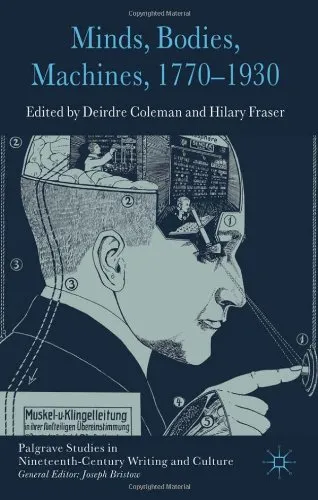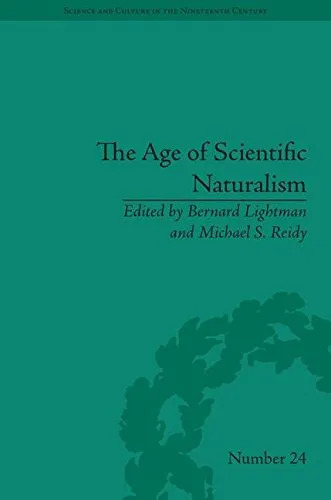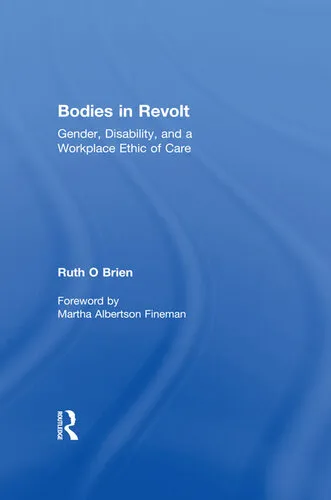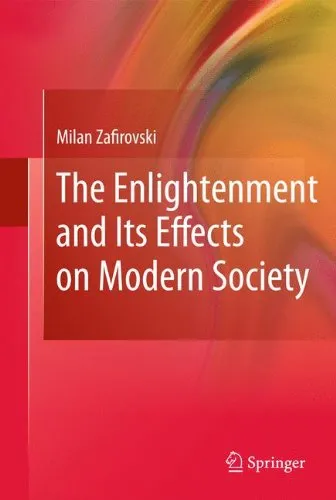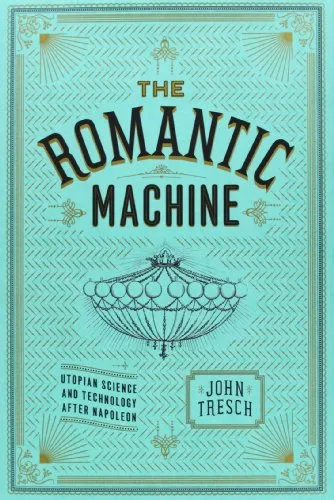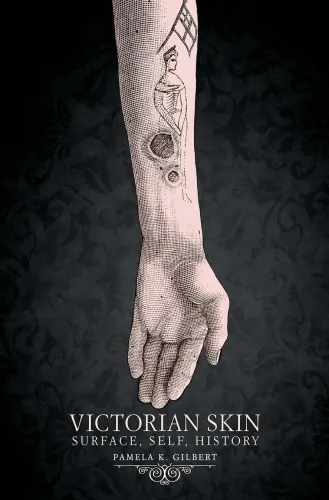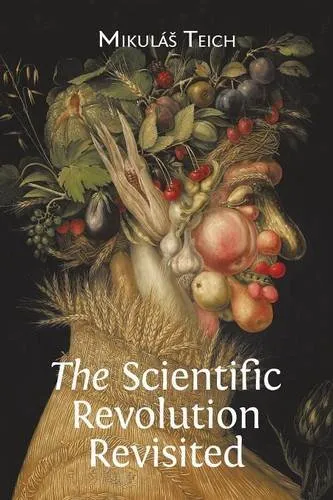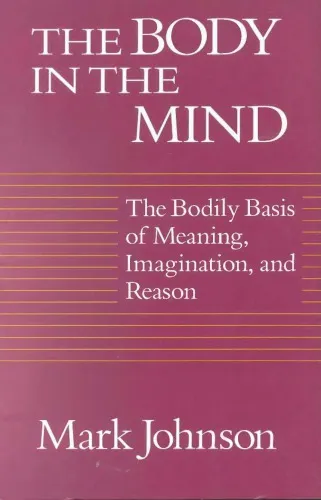Minds, Bodies, Machines, 1770-1930 (Palgrave Studies in Nineteenth-Century Writing and Culture)
3.0
Reviews from our users

You Can Ask your questions from this book's AI after Login
Each download or ask from book AI costs 2 points. To earn more free points, please visit the Points Guide Page and complete some valuable actions.Related Refrences:
Introduction
Welcome to an exploration of the intricate relationships between minds, bodies, and machines during the transformative period from 1770 to 1930. In our book, "Minds, Bodies, Machines, 1770-1930", part of the Palgrave Studies in Nineteenth-Century Writing and Culture, we navigate through this epoch to shed light on how technological advancements influenced modern thought, literature, and cultural practices. This time frame marks significant changes, where the rise of industrialization, scientific discoveries, and philosophical debates reshaped human identity and society's trajectory.
Summary of the Book
Our book delves into the dynamic interplay between human intellect, physical embodiment, and technological innovation. It examines the period marked by the Enlightenment's brainstorming, the mechanical age's dawn, and the cusp of modernism. Through a series of thought-provoking essays, the book discusses influential figures such as Mary Shelley, who challenged the boundaries of life and artificial creation, and Charles Babbage, whose pioneering work laid the groundwork for computing.
"Minds, Bodies, Machines" is divided into thematic sections that unravel the historical and cultural contexts of notable advancements. We scrutinize the era's literature and its role in reflecting and shaping contemporary understanding of humankind's place amidst burgeoning technology. The book also investigates the mutual influences between industrial technologies and literary forms, offering insights into how these changes impacted social identities and cultural expressions.
Key Takeaways
- An exploration of the philosophical and cultural shifts resulting from technological progress between 1770 and 1930.
- Insights into how literature served as both a mirror and a molder of societal views on human-machine interactions.
- Understanding the historical roots of current debates on artificial intelligence and the digital revolution.
- A detailed examination of key literary and scientific figures who influenced the era's thought processes and technological stance.
Famous Quotes from the Book
"With each advancement, humanity edged closer to its creations, blurring the lines between the organic and the mechanical."
"Literature did not merely imagine the future of machines—it sketched the possible futures of humanity intertwined with them."
Why This Book Matters
"Minds, Bodies, Machines, 1770-1930" is crucial for understanding the profound impact of technological evolution on human thought and societal norms. Especially relevant in today's world, where artificial intelligence and digital technologies are rapidly evolving, this book offers historical context that enriches contemporary discussions. By analyzing the past, we can better comprehend the trajectory of current and future interactions between humanity and technology.
The book also provides a critical academic perspective for scholars, students, and enthusiasts of nineteenth-century literature and culture, drawing connections between historical technological advancements and present-day concerns. Its insights inform not only a historical understanding but also philosophical contemplation on what it means to be human in an age of machines—an inquiry as vital today as it was during the industrial revolution.
Free Direct Download
You Can Download this book after Login
Accessing books through legal platforms and public libraries not only supports the rights of authors and publishers but also contributes to the sustainability of reading culture. Before downloading, please take a moment to consider these options.
Find this book on other platforms:
WorldCat helps you find books in libraries worldwide.
See ratings, reviews, and discussions on Goodreads.
Find and buy rare or used books on AbeBooks.
1335
بازدید3.0
امتیاز0
نظر98%
رضایتReviews:
3.0
Based on 0 users review
Questions & Answers
Ask questions about this book or help others by answering
No questions yet. Be the first to ask!
